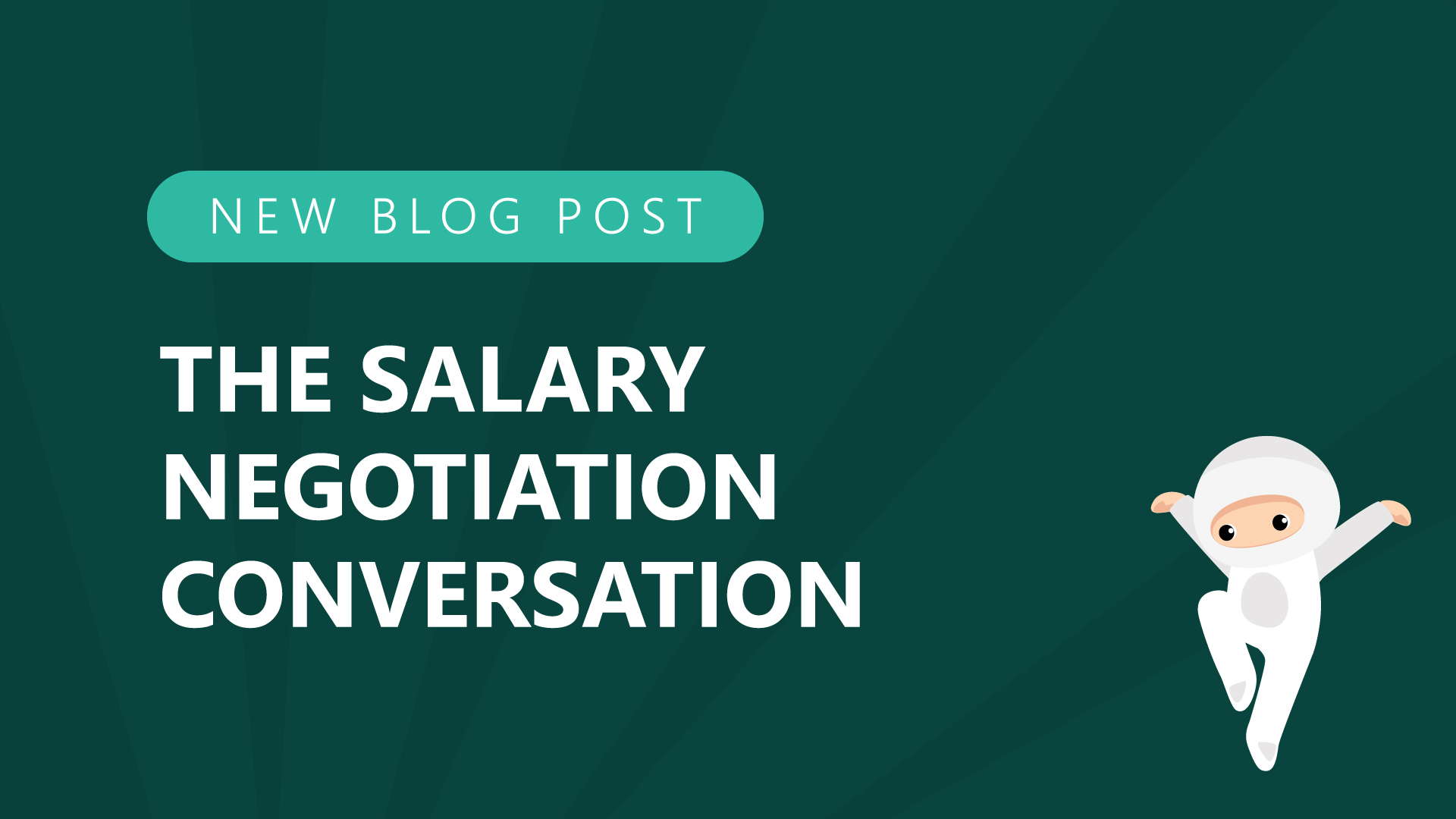If you’re a procurement professional, you’re not new to the world of negotiation. In fact, you probably walk into an interview fully expecting a salary negotiation. Even if you’re not an experienced professional, there are ways you can find value and leave nothing on the table.
It was one of the topics in an episode of the Negotiations Ninja podcast with special guest Mark Holyoake. Mark is the founder and owner of Holyoake Search. He has 20+ years of experience in procurement recruiting and was kind enough to share some of his expertise in this episode.
When do you have leverage?
Should you accept a lower salary to get your foot in the door? Or do you hold out for something larger in the interview/negotiation? You have the most leverage before signing any agreement. So you should maximize as much as you can before that point. I’ve seen some hiring managers try to urge candidates to accept a lower salary by dangling a raise in the near future—that may never come to pass.
But Mark points out that in actuality, most hiring managers believe the hiring process is a pain and a distraction from their day-to-day. They don’t want to get it wrong. They want to hire someone in a way that makes everybody happy and decreases the chance that they’ll be back at the negotiating table. So the odds of them offering a low salary that isn’t competitive doesn’t accomplish their goals.
What are you negotiating for?
Mark notes that if you’re comfortable with the outcome, trust that you’re making a good decision. The conversation about salary often makes people lose sight of the things they were excited by in the first place. The decision becomes focused on “winning” or “losing” the negotiation. Mark points out that that is what leads to poor outcomes.
Despite all of those things, it is far easier to negotiate the salary that you desire on the front end. So if you’re a candidate walking into a salary negotiation, go into the conversation with confidence. Go in with a number that is well-researched and grounded in reality and real data. Present that as evidence, back it up, and negotiate to the point where no money is left on the table. If a company isn’t willing to do that and you can walk away, do that.
Mark notes that what you’re negotiating for is often NOT the money, but benefits, compensation, stability, flexibility, career mobility, social responsibility, corporate goals, etc. It’s your responsibility—as an employee and a hiring manager—to draw those conversations out throughout the interview process.
There are ways to enrich an offer that don’t come down to the money being offered. You must always be asking: What are the real interests of the counterparty? You’ll often find that interests lie in far more than a large salary. But if you don’t ask, you’ll never know. Both sides must be open and transparent and leave nothing unsaid.
For more conversation around salary negotiation, where the procurement market is at, the impact of personal branding on hiring decisions, and much more—listen to episode 165 of the Negotiations Ninja podcast!

